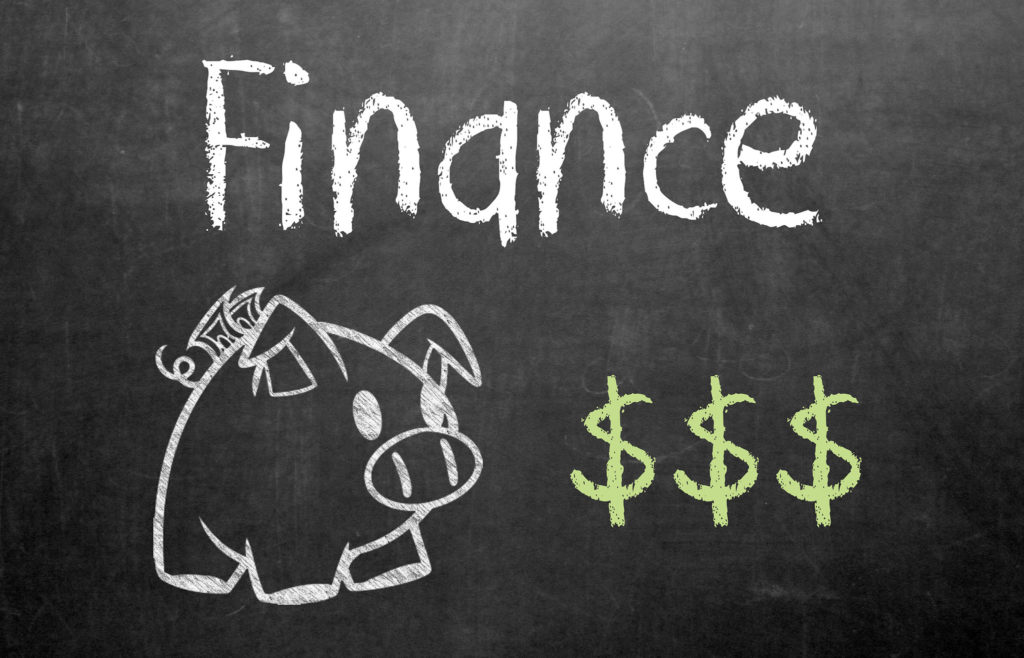
Credit is a mysterious topic for many Americans. For some, it’s a nebulous and judgmental record, keeping track of all the times we mess up for no apparent reason. But there are perfectly good reasons why credit records exist. And, believe it or not, your credit history can actually do you a lot of favors.
If you don’t know a lot about credit, you might not immediately see the relationship between your credit score and your first house. But the two are intimately related. If you have a bad credit score, it will cause you to pay a lot more for your house than you’d pay if you had a good credit score. Here’s how that works, and what you can do to put yourself in the best possible situation.
Your Credit Score is For Lenders. Most people who buy a house get a mortgage loan through their bank. The bank doesn’t just grant any ol’ loan request. They only like to give money to people who are likely to pay them back. Lenders like banks lose money every year when one of their borrowers can’t pay back (or “defaults” on) a loan.
This is why loans have interest. Interest is extra money that you pay back every month, in addition to the money that goes directly to giving the bank their money back. This extra money comes in every month from all of a bank’s mortgage customers. The sum total of it should more than account for the occasional customer default.
Related: 5 places that just got cheaper for Americans
But this burden isn’t shared evenly between mortgage customers. The people who are most likely to default (i.e. those with the worst credit scores) will get higher interest rates than everybody else, because they are statistically more likely to default than the people with good credit scores.
Therefore, over the course of a 15 or 30 year mortgage, you’ll pay tens of thousands of dollars more than you would if you had a good or great credit score. The difference may only be a few percentage points in your monthly interest rate, but over dozens of months, that adds up to a huge amount of money.
You may want to go ahead and read a do it yourself credit repair guide, and that would be a good idea. You can change your fate by yourself, by being responsible with the way you buy, save, and use credit.
It’s also important to note that if your credit score is sufficiently low, you won’t be able to get a loan at all. It’s especially important for people in this situation to turn things around, because bad credit can ruin a lot more than your chances at buying a home. They can keep you from getting your next job (the company might choose to hire the person with the higher credit score) or that house you want to rent. Bad credit is toxic to your personal finance goals, but it’s easier than you might think to change things. Read the guide about and get to work! You’ll turn things around before you know it.
You might also enjoy: Benefits of owning vs leasing a car